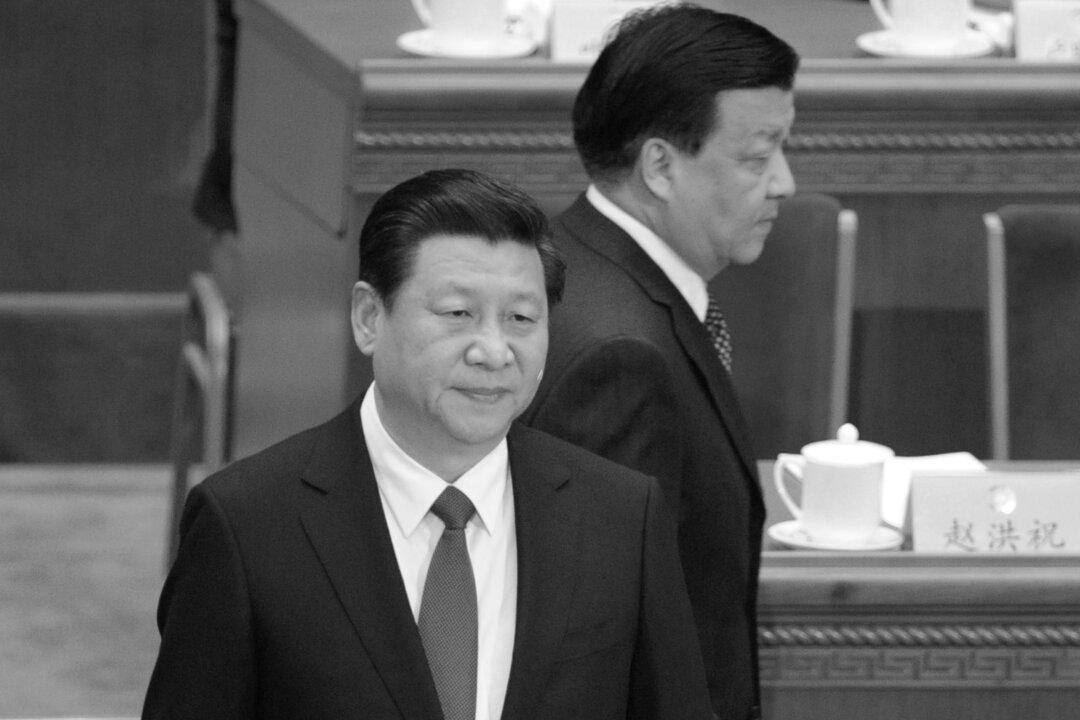On July 20 it was reported that Liu Lefei, the son of one of the most powerful communist officials in China, had quietly resigned from his post at a major insurance firm. The reason? “Work-related reasons,” the reports said, shedding no light on the unusual announcement.
Liu was the director of New China Life Insurance, the third largest life insurer in China, which has an asset book value of $103.74 billion, according to Forbes. The reports did not say what new job he had gone on to.
Given Liu’s deep red political background, his resignation was bound to attract speculation and attention, especially given the context: Liu’s father is a close ally of the chief political enemy of Party boss Xi Jinping, and his New China Life Insurance flaunted demands by the central leadership not to sell any shares after the stock market crash, which some commentators in China think may have itself been manipulated by political interests.




